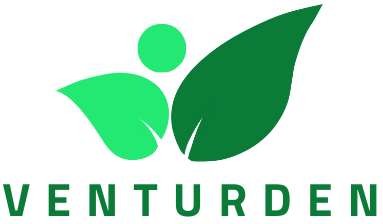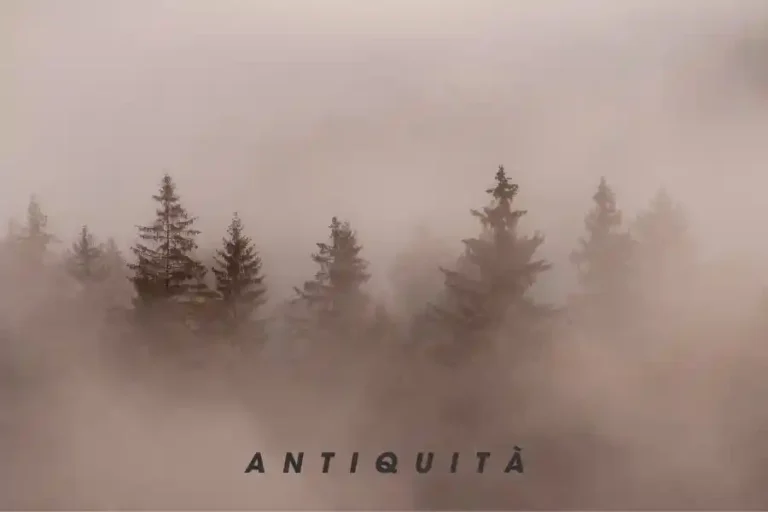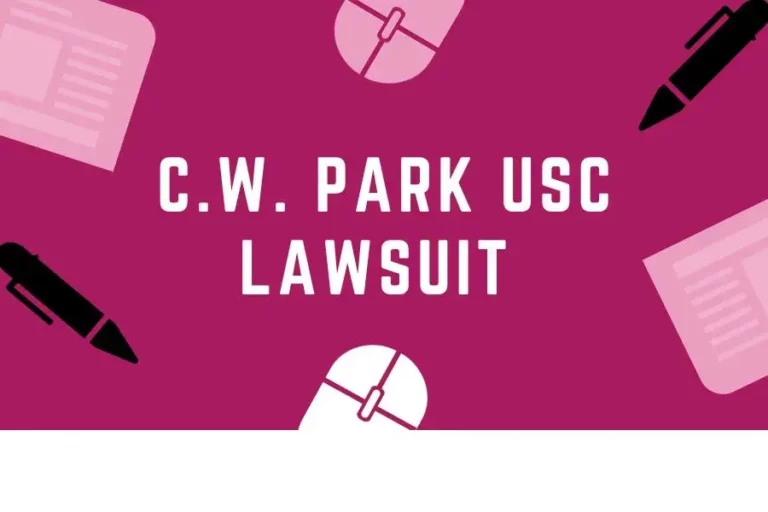Staģes: A Revolutionary Odyssey in Personal Growth and Development”

The buzz around the term “staģes” has recently flooded our social media feeds, sparking curiosity and interest. The concept of staģes transcends the ordinary; it is a profound exploration of life’s waypoints on the path to self-actualization and purpose.
Beyond a mere trend, staģes offer a unique personal growth and development perspective akin to leveling up in a grand role-playing game. In this comprehensive exploration, we delve into the depths of staģes, uncovering their origins, intricacies, and potential to revolutionize how we approach life’s journey.
The Essence of Staģes
Staģes are more than just checkpoints; they are the chapters of our life story, each presenting challenges to overcome and rewards to reap. The staģes framework introduces eight pivotal waypoints: learning, exploring, establishing, excelling, transitioning, maturing, guiding, and transcending.
Like milestones in an epic journey, these stages provide opportunities for growth and pitfalls to navigate. Understanding the nuances of each staģe can offer profound insights into our life journey, providing a roadmap for personal progress.
The Unfolding Tapestry of Staģes
Origins and Evolution The roots of staģes trace back to 18th-century France, emerging from the vibrant tapestry of traditional French theater. These extravagant productions merged drama, music, dance, and visual effects to captivate a diverse audience. While the popularity of staģes waned in the mid-19th century, their legacy endures, influencing modern musical theater and leaving an indelible mark on the arts.
The Plots and Narratives of Staģes were the canvases for romance, comedy, and adventure tales. Themes of star-crossed lovers, mistaken identities, and triumph over adversity unfolded on these dramatic platforms. The sets, costumes, and special effects transported audiences to fantastical realms, creating an immersive experience.
Harmony of Music and Dance Integral to any staģe performance were musical compositions and dance sequences. Orchestras accompanied dramatic moments, love songs, and comedic interludes, while intricate dance routines added a layer of visual splendor.
The Spectacle Lives On Despite their decline in popularity, staģes played a crucial role in shaping modern musical theater. Their luxury and vivacity continue to live on in the collective imagination, inspiring subsequent works such as “The Phantom of the Opera.”
Decoding the Modern Staģes
In the contemporary context, staģes take on a new form as a revolutionary personal development program. It goes beyond the traditional learning approaches, gamifying the process through quests, levels, and badges. Here’s a closer look at how it operates:
How Staģes Works
Staģes, as a personal development program, utilizes a dedicated app available for iOS and Android. The onboarding process involves assessing key life areas, priorities, and goals. The app then crafts a personalized plan, incorporating the following elements:
Key Life Areas: Users identify areas such as health, relationships, career, and personal growth that are significant to them.
Priorities: Within each key life area, users pinpoint 1-3 priorities for improvement.
Goals: Concrete and realistic goals are set for each identified priority.
Daily Challenges: The app provides customized daily challenges, tasks, and habits aligned with the set goals. The challenges evolve as progress is made.
What to Expect
Using Staģes, individuals can anticipate the following outcomes:
Clarity on Priorities: Gain a deeper understanding of what truly matters in life.
Habit Formation: Develop better habits and discipline through gradual, sustainable changes.
Goal Achievement: Attain short-term goals and long-term success in chosen life areas.
Skill Development: Acquire new skills with lasting benefits.
Community Connection: Engage with a community of like-minded individuals for support and accountability.
Weighing the Pros and Cons
Staģes, like any innovative concept, comes with its set of advantages and limitations. Here’s a balanced evaluation:
The Pros
Accessibility: Staģes is free and open source, fostering community-driven improvements.
Integration: Seamless integration with existing tools, enhancing user experience.
User-Friendly Interface: Intuitive design for easy navigation and a short learning curve.
The Cons
Open Source Dynamics: Potential for occasional clunkiness or changes in the interface.
Enterprise Limitations: Not ideal for large teams or enterprises with specific administrative requirements.
Security Considerations: The open-source nature raises concerns that data privacy may not be suitable for sensitive information.
Is Staģes Your Path to Progress?
Determining whether Staģes aligns with your needs involves considering various factors:
Flexibility
Staģes offers a self-paced learning experience, catering to those who prefer autonomy in their educational journey. The platform accommodates diverse learning speeds and styles.
Affordability
With plans starting at $19/month, Staģes provides a budget-friendly alternative to traditional learning methods. Free intro courses allow users to explore the platform risk-free.
Limited Support
While Staģes offers help resources, it lacks real-time support, making it suitable for independent learners who require minimal guidance.
Narrow Topics
Staģes focuses on practical, career-oriented skills in business, technology, and creative arts. Individuals seeking a broader, theoretical education may find traditional courses more suitable.
Conclusion
In conclusion, staģes, whether explored through the lens of theatrical history or embraced as a modern personal development tool, offer a captivating journey. The fusion of past and present, tradition and innovation, propels individuals toward self-discovery and growth.
As you navigate the stages of your life, remember that each chapter brings opportunities for advancement and lessons to be learned. Embrace the adventure, set meaningful goals, and let the staģes propel you toward new heights. You can also know about Lasée by going through that blog.
FAQs
Can Staģes be used for academic learning, or is it strictly for personal development?
Staģes primarily focuses on personal development, emphasizing practical, career-oriented skills. While it may not replace traditional academic learning, it offers a unique approach to skill acquisition.
Are there specific age groups for which Staģes is more suitable?
Staģes is designed to be inclusive and adaptable for individuals of various age groups. Its flexibility allows users to tailor their learning experience based on their needs and goals.
Considering its open-source nature, how does Staģes ensure data privacy and security?
Staģes acknowledges concerns regarding data privacy and security. While the open-source nature allows for community scrutiny, users are encouraged to assess their risk tolerance and use discretion, susceptible information.
Can Staģes be integrated into existing educational systems?
While Staģes is primarily a standalone personal development tool, its adaptable nature allows for potential integration into educational systems. However, considerations regarding administrative controls and security should be evaluated.






